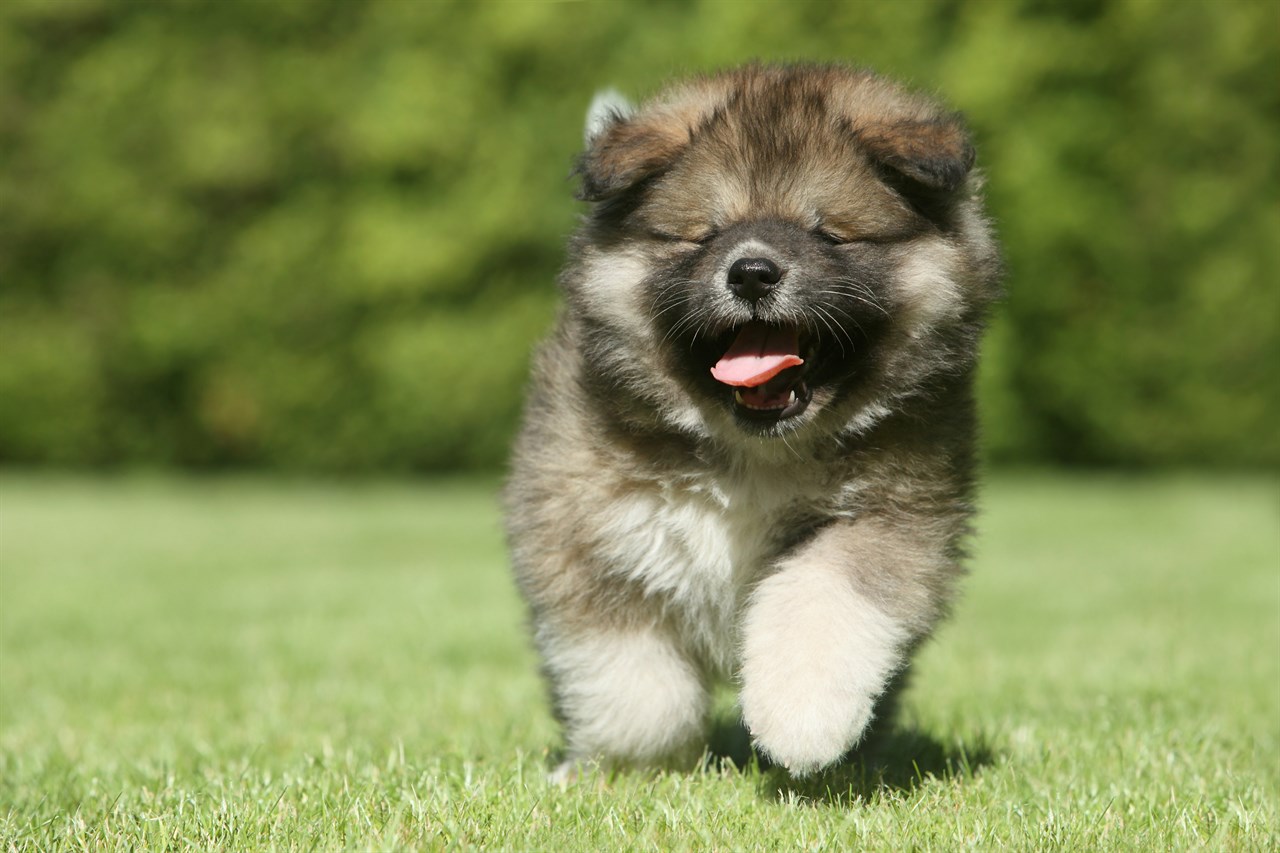Guardians of Sound: Understanding the Barking Habits of the Caucasian Shepherd Dog:

The Caucasian Shepherd Dog, with its rich history as a guardian and protector, possesses a distinctive approach to vocalisation. Understanding their barking habits is essential for owners to distinguish between normal communication and potential signals of concern.
Watchful Guardians
Barking is deeply ingrained in the nature of Caucasian Shepherds. Historically bred to guard livestock against predators, including wolves and bears, these dogs rely on their powerful bark to deter potential threats. Their alertness and watchful nature make them quick to vocalise in response to perceived intruders or unusual activities.
Territorial Instincts
Caucasian Shepherds have strong territorial instincts. They may bark to establish and defend their territory, making them effective deterrents against potential threats. This behaviour can be particularly pronounced in unfamiliar or high-stress situations.
Communication and Warning
Barking serves as a means of communication for Caucasian Shepherds. They may bark to communicate with their owners, alerting them to the presence of strangers, animals, or changes in their surroundings. This communication can be a mix of deep, resonant barks and more intense, assertive barking when they perceive a higher level of threat.
Training and Socialisation
Proper training and socialisation play crucial roles in managing the barking habits of Caucasian Shepherds. Early exposure to various stimuli, people, and environments can help them distinguish between normal everyday occurrences and genuine threats, leading to more controlled barking.
Excessive Barking
While barking is a natural behaviour for Caucasian Shepherds, excessive and incessant barking may indicate underlying issues such as anxiety, boredom, or a lack of stimulation. It's important for owners to address the root cause of excessive barking through proper mental and physical exercise.
Protective Barking
Caucasian Shepherds' protective instincts are often evident in their barking. When they perceive a threat, their bark can become more intense and purposeful. This protective barking is an integral part of their role as guardians.
Management Strategies
Owners can implement various strategies to manage barking, including positive reinforcement for desired quiet behaviour, providing engaging toys and activities to alleviate boredom, and using commands to redirect their attention when needed.
Consistent Training
Consistent training is key to shaping and managing barking habits. Teaching commands like "quiet" or "enough" can help establish boundaries and ensure that the Caucasian Shepherd responds appropriately to cues from their owner.
Professional Guidance
If barking habits become a significant challenge, seeking the guidance of a professional dog trainer or behaviourist is advisable. A professional can assess the specific circumstances contributing to excessive barking and provide tailored solutions.
Respect for Their Nature
Ultimately, it's crucial for owners to respect the natural instincts of the Caucasian Shepherd Dog. While training can modify behaviour, expecting them to be completely silent is unrealistic and goes against their innate traits as guardians.
In conclusion, the barking habits of the Caucasian Shepherd Dog are deeply rooted in their history and purpose. By understanding and managing these natural instincts through training, socialisation, and appropriate stimuli, owners can foster a balanced and well-behaved canine companion, allowing the majestic breed to fulfil its role as both guardian and cherished family member.
Caucasian Shepherd Dog puppies for sale
- Find Caucasian Shepherd Dog puppies for sale in ACT
- Find Caucasian Shepherd Dog puppies for sale in NSW
- Find Caucasian Shepherd Dog puppies for sale in NT
- Find Caucasian Shepherd Dog puppies for sale in QLD
- Find Caucasian Shepherd Dog puppies for sale in SA
- Find Caucasian Shepherd Dog puppies for sale in TAS
- Find Caucasian Shepherd Dog puppies for sale in VIC
- Find Caucasian Shepherd Dog puppies for sale in WA